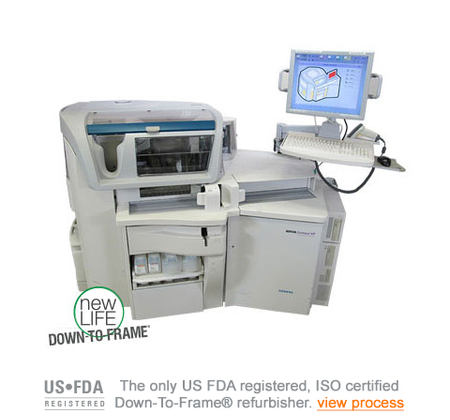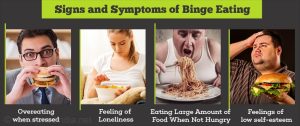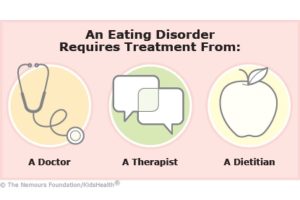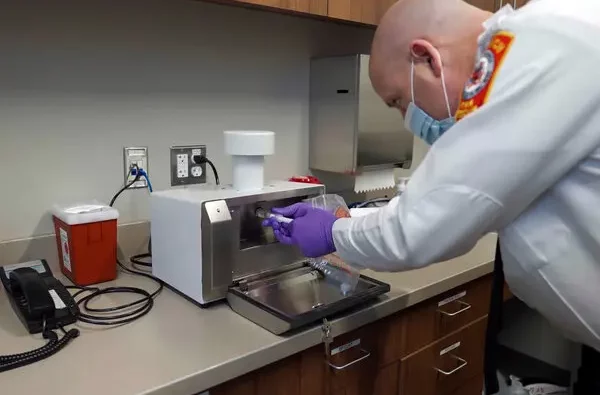
Understanding Binge Eating Disorder
Binge Eating Disorder (BED) is a complex and challenging condition that manifests through regular episodes of overeating. This comprehensive guide aims to unravel the various aspects of BED, shedding light on symptoms, treatment options, and the essential support systems.

Symptoms of Binge Eating Disorder
- Rapid Consumption:
- Eating much faster than normal during binge episodes.
- Uncomfortable Fullness:
- Continuing to eat until feeling uncomfortably full.
- Excessive Eating When Not Hungry:
- Consuming large amounts of food when not experiencing hunger.
- Solitary or Secretive Eating:
- Eating alone or in secret due to embarrassment about the quantity of food consumed.
- Post-Binge Emotional Distress:
- Experiencing feelings of guilt, shame, or disgust after a binge episode.

Recognizing Subtypes
The spectrum of eating disorders includes subtypes such as bulimia and anorexia. If purging behaviors follow binge episodes, it may indicate symptoms of bulimia. Conversely, sporadic binges coupled with low body weight suggest symptoms of anorexia, highlighting the need for tailored interventions.
Treatment Options
- Guided Self-Help:
- Engage in a structured process of self-learning and activities.
- Receive ongoing support through regular sessions with a professional psychologist.
- Cognitive Behavioural Therapy (CBT):
- Explore the realm of individual or group CBT sessions.
- Delve into the intricate connection between thoughts, feelings, and behaviors.
- Identify and address underlying issues to mitigate the likelihood of future binge episodes.
- Antidepressants:
- Medication may be considered as a complementary component of the treatment plan.

Long-Term Physical Effects
Binge eating often leads to weight gain, raising the risk of various physical health problems. These include elevated cholesterol levels, high blood pressure, diabetes, osteoarthritis, and an increased susceptibility to certain types of cancer. Understanding these potential consequences underscores the urgency of seeking help for BED.
Seeking Help
Recognizing the need for assistance is a crucial step in addressing BED. Reach out to trusted individuals, whether friends or family, and consider consulting a General Practitioner (GP). Early intervention is key to effectively managing both the physical and mental aspects of BED.
Supporting Others
If someone you know exhibits signs of an eating disorder:
- Approach the situation with empathy, fostering open communication.
- Encourage the individual to seek professional help.
- Offer unwavering support without imposing pressure or criticism.

Additional Support Resources
Beat, a prominent charity specializing in eating disorders, serves as a valuable resource offering information and support for individuals and their families. Consultation with your GP and care team can provide further guidance on available resources.
Embark on a journey of understanding, addressing, and seeking support for Binge Eating Disorder – a significant stride towards cultivating a healthier and more balanced life.










